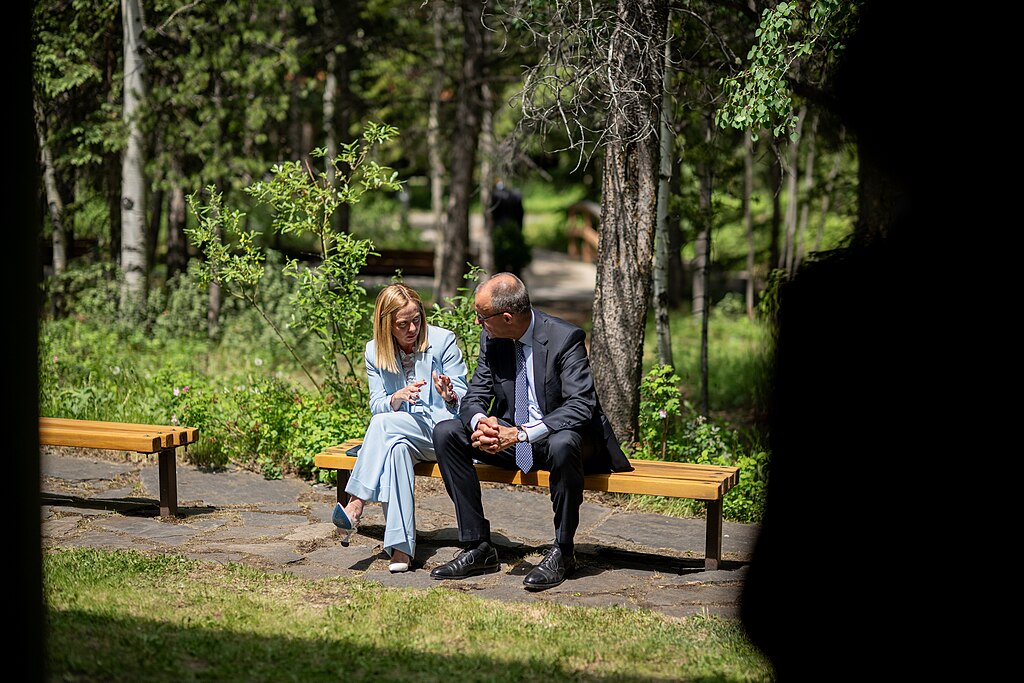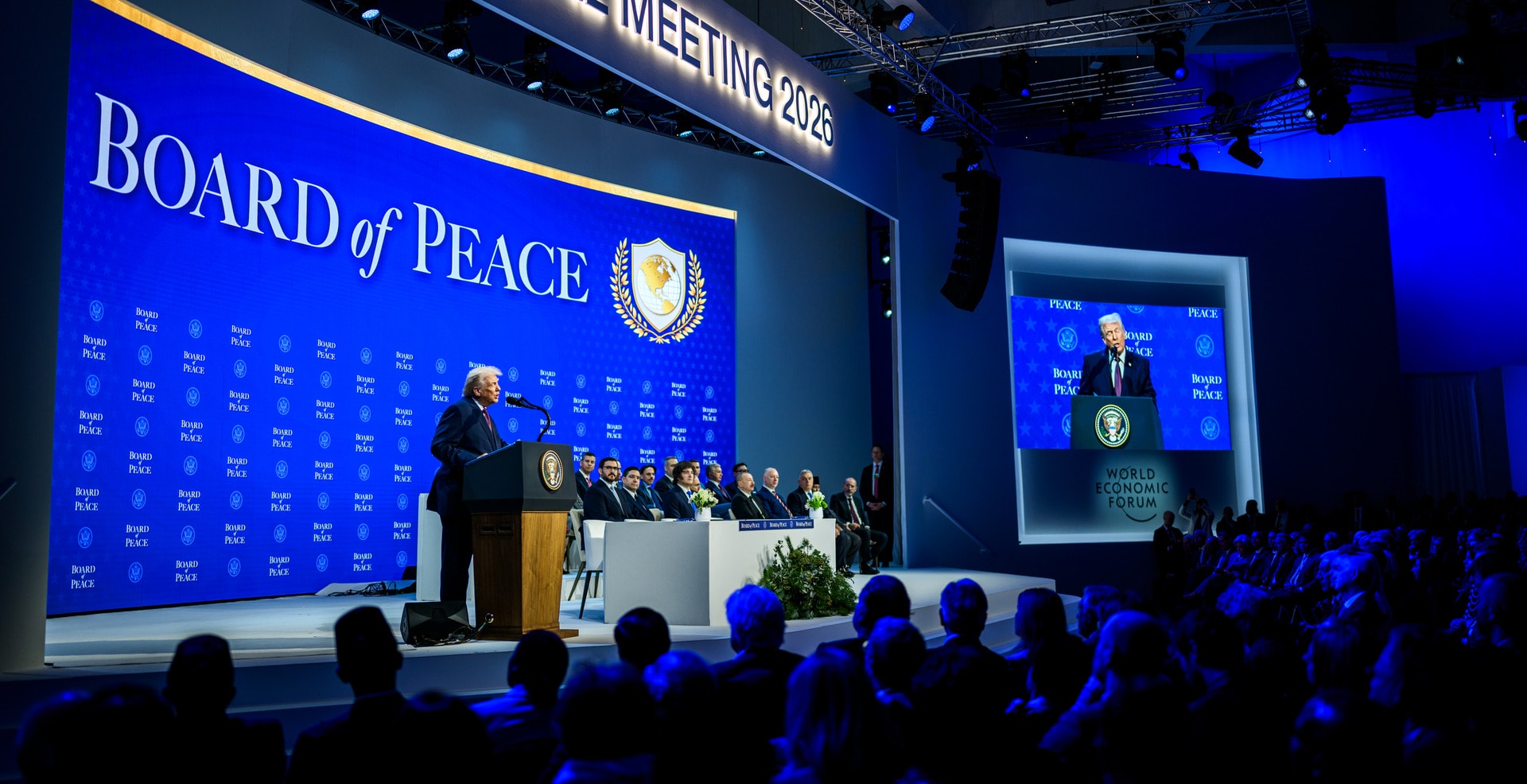Four key climate change indicators all set new record highs in 2021, the WMO said in its State of the Global Climate in 2021 report released today, May 18, warning that the global energy system was driving humanity towards catastrophe and calling for an urgent transition to renewable energy.
The climate change indicators provide a broad view of climate change at a global scale, encompassing the composition of the atmosphere, energy changes, and the response of the land, ocean and ice. “Together, the indicators build a consistent picture of a warming world that touches all parts of the Earth system,” said by the report.
The WMO State of the Global Climate in 2021 report confirmed that the past seven years have been the warmest seven years on record. 2021 was “only” one of the seven warmest because of a La Niña event at the start and end of the year. This had a temporary cooling effect, but did not reverse the overall trend of rising temperatures. The average global temperature in 2021 was about 1.11 (± 0.13) °C above the pre-industrial level.
This is yet another clear sign that human activities are causing planetary scale changes on land, in the ocean, and in the atmosphere, with harmful and long-lasting ramifications for sustainable development and ecosystems.
The WMO State of the Global Climate report complements the IPCC Sixth Assessment report, which includes data up to 2019. The new WMO report is accompanied by an interactive story map well worth visiting; and it provides information and practical examples for policy-makers on how the climate change indicators outlined in the IPCC reports played out during the recent years globally and how the associated implications on extremes have been felt at national and regional level in 2021.
The WMO State of the Global Climate report will be used as an official document for the UN Climate Change negotiations, known as COP27, which will take place in Egypt later this year.
UN’s renewable energy transition plan
United Nations Secretary-General António Guterres used the publication of the WMO report to call for urgent action to grab the “low-hanging fruit” of transforming energy systems away from the “dead end” of fossil fuels to renewable energy.
UN Secretary General Guterres proposed five critical actions to jump-start the renewable energy transition:
- First, make renewable energy technology a global public good, meaning available to all; essential technologies, such as battery storage systems, allow energy from renewables to be stored and released when people, communities and businesses need power;
- Second, we must improve global access to components and raw materials; to date, they are only concentrated in very few countries; more widespread access to all components and materials – from the minerals needed to produce wind turbines and electricity networks, to electric vehicles – will be key;
- Third, level the playing field for renewable energy technologies; in doing so, governments must fast-track approvals of solar and wind projects, and set ambitious 1.5-degree-aligned renewable energy targets, which provides certrainty to investors, developers, consumers, and producers; renewable energy policies are fundamental in order to reduce market risk, and drive investment into the sector;
- Fourth, shift energy subsidies from fossil fuels to renewable energy; “Every minute of every day, coal, oil, and gas receive roughly $11 million dollars in subsidies. This scandal must stop,” said the UN Secretary General;
- Fifth, triple investments in renewables; at least $4 trillion a year needs to be invested in renewable energy until 2030 – including investments in technology and infrastructure – to allow us to reach net-zero emissions by 2050.
Investment is going to be key. “Commercial banks and all elements of the global financial system need to dramatically scale up investments in renewables as they phase out fossil fuels. But most of all, it’s time for leaders – public and private alike – to stop talking about renewables as a distant project of the future. Because without renewables, there can be no future,” said Guterres.
Renewable energy technologies such as wind and solar are readily available and in most cases, cheaper than coal and other fossil fuels. Over the past decade, the cost of wind energy has declined by more than half. The cost of solar energy and batteries has plummeted 85 per cent.
And another clear benefit: Investment in renewables creates jobs — three times more jobs than fossil fuels.
The report is an urgent wake-up call for global leaders to end fossil fuel funding, and start with an energy transition towards renewables. As the UN Secretary General said: “The global energy system is broken and bringing us ever closer to climate catastrophe. The only sustainable future is a renewable one. We must end fossil fuel pollution and accelerate the renewable energy transition, before we incinerate our only home. Time is running out.”
Editor’s Note: The opinions expressed here by Impakter.com columnists are their own, not those of Impakter.com — In the Featured Photo: People protest in Germany as part of global climate change demonstrations. Featured Photo Credit: Unsplash/Markus Spiske via UN News.













